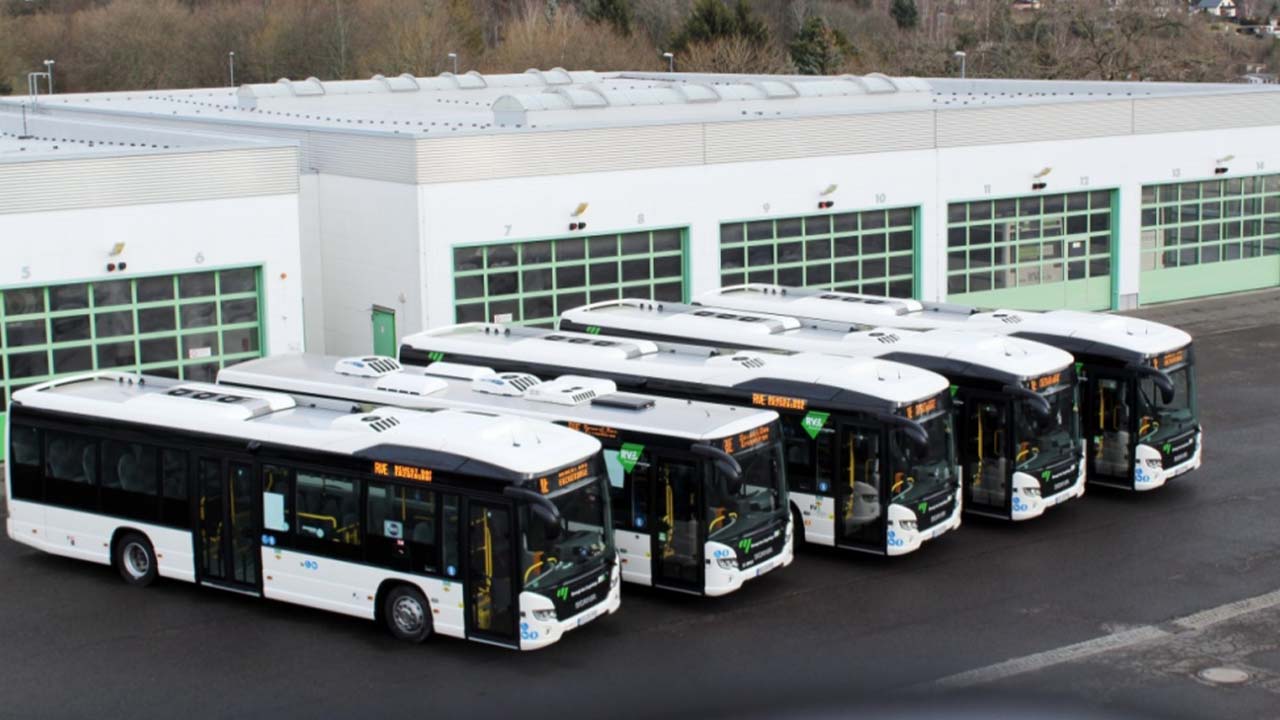The Sindh government, under the leadership of Chief Minister Murad Ali Shah, has taken a significant step towards enhancing the public transportation system by allocating a substantial amount of Rs10 billion in the provincial budget for the fiscal year 2023-24. This allocation is specifically aimed at procuring 500 hybrid buses, which are known for their superior environmental performance and fuel efficiency.
In addition to the allocation for hybrid buses, the provincial Transport Department has been granted a total of Rs13.4 billion. Within this allocation, Rs6.1 billion has been earmarked for the development of the ‘Intra-District Peoples’ Bus Service,’ which will greatly benefit commuters within the province. Furthermore, Rs2 billion has been dedicated to the maintenance of transport infrastructure, ensuring the sustainability and longevity of the transportation network.
Recognising the importance of expanding the reach of public transportation, the PPP-led government has also allocated Rs600 million for the establishment of new routes. This investment will provide greater accessibility and convenience to the residents of Sindh.
Moreover, keeping in mind the needs of the employees at the Sindh secretariat, the government plans to initiate three new routes from the following year, with a budget provision of Rs6 million. This initiative reflects the government’s commitment to improving the transportation options available to its citizens and creating a conducive work environment for the public servants.
During the budget session in the Sindh Assembly, Chief Minister Syed Murad Ali Shah, who also serves as the Finance Minister, presented the overall budget for the fiscal year 2023-24. The total outlay of the budget for the province is estimated at an impressive Rs2244 billion, reflecting the government’s dedication to promoting growth and development across various sectors.
The decision to procure hybrid buses stands out as a commendable choice by the Sindh government. Hybrid buses offer numerous advantages over conventional buses, particularly in terms of environmental impact and cost savings. By utilising both an internal combustion engine and an electric motor, hybrid buses significantly reduce harmful emissions, making them more environmentally friendly.
Additionally, their fuel efficiency leads to lower operational costs, saving valuable resources in the long run. These hybrid buses will not only provide a reliable and comfortable mode of transportation but also contribute to a cleaner and more sustainable future for the residents of Sindh.
Overall, the budget allocation for the procurement of hybrid buses showcases the Sindh government’s commitment to modernising public transportation and promoting sustainable practices. It is a positive step towards enhancing the quality of life for the people of Sindh and reducing the carbon footprint of the province.







